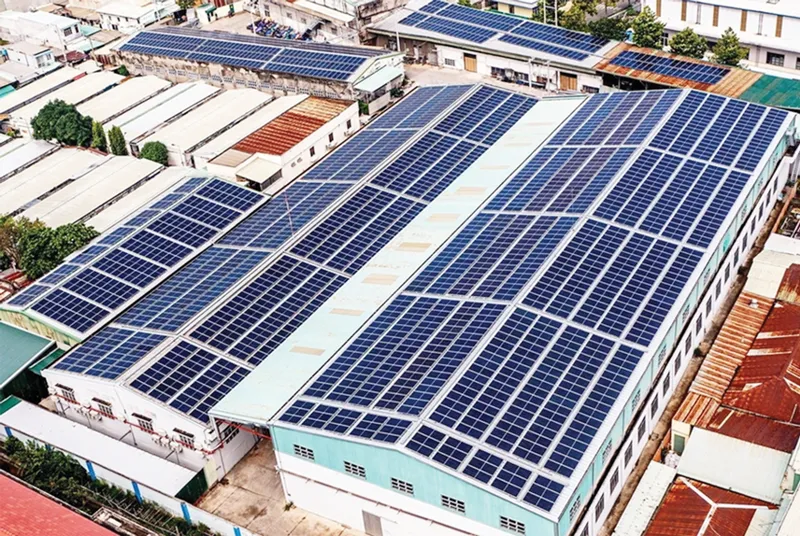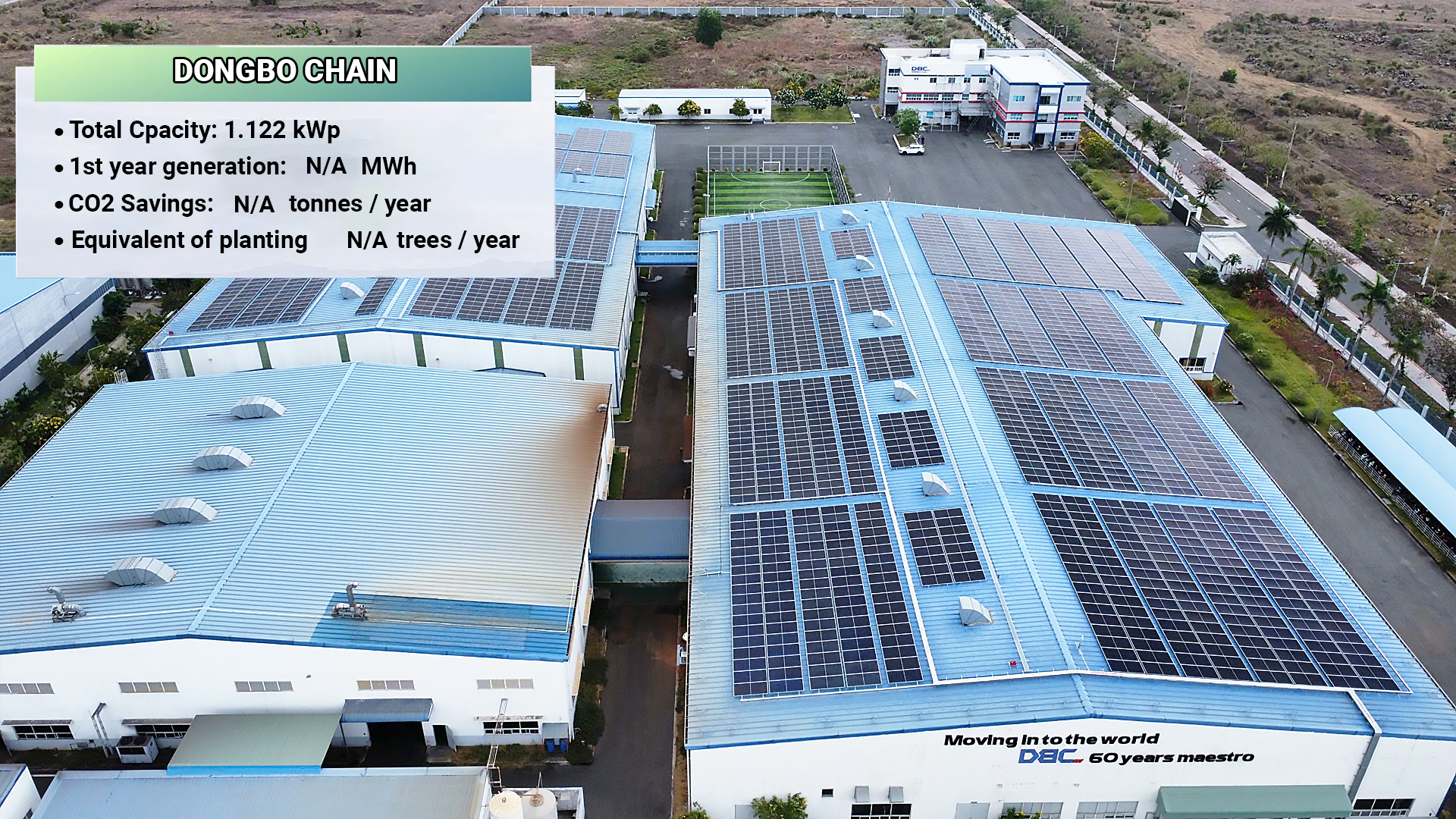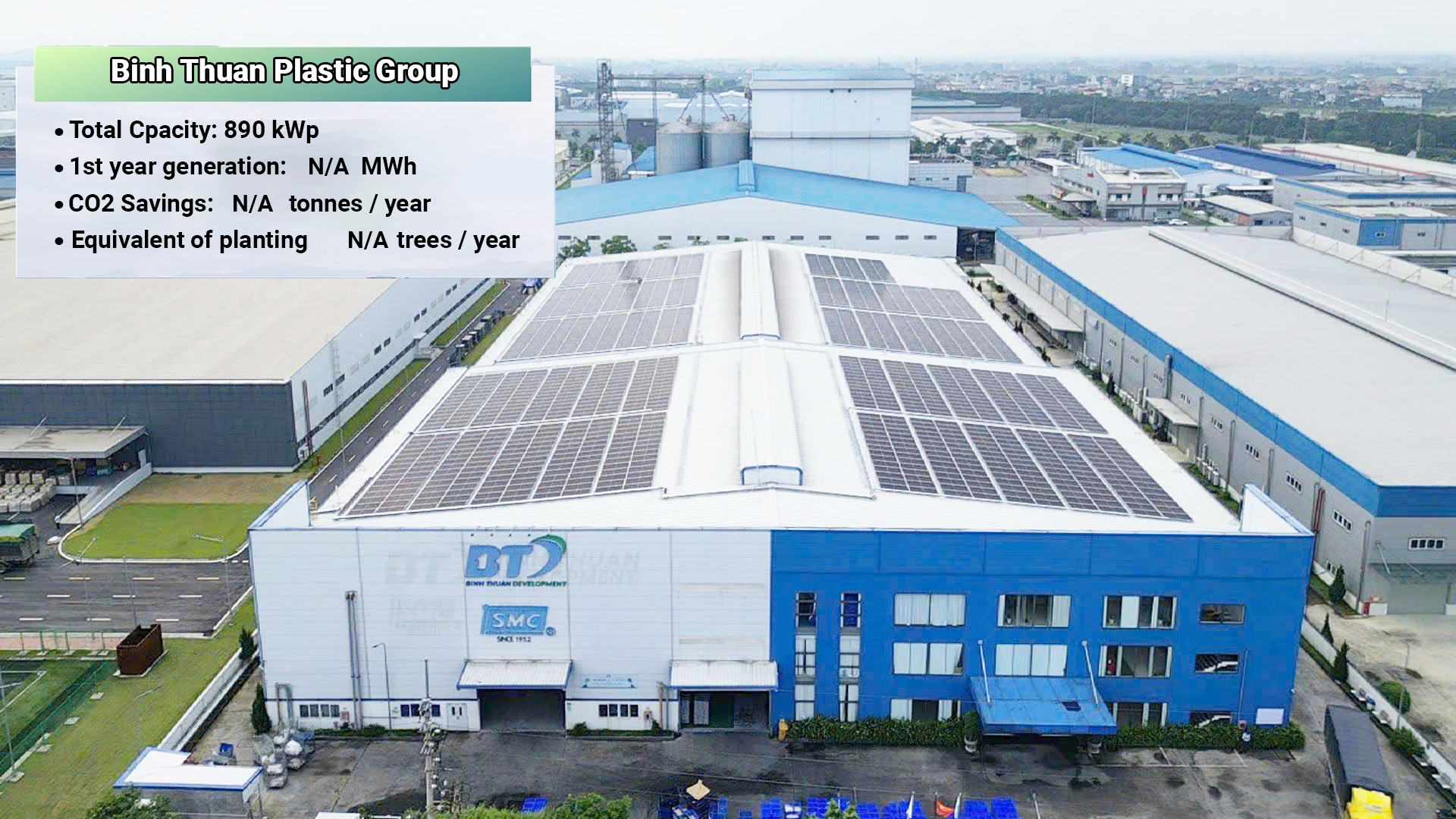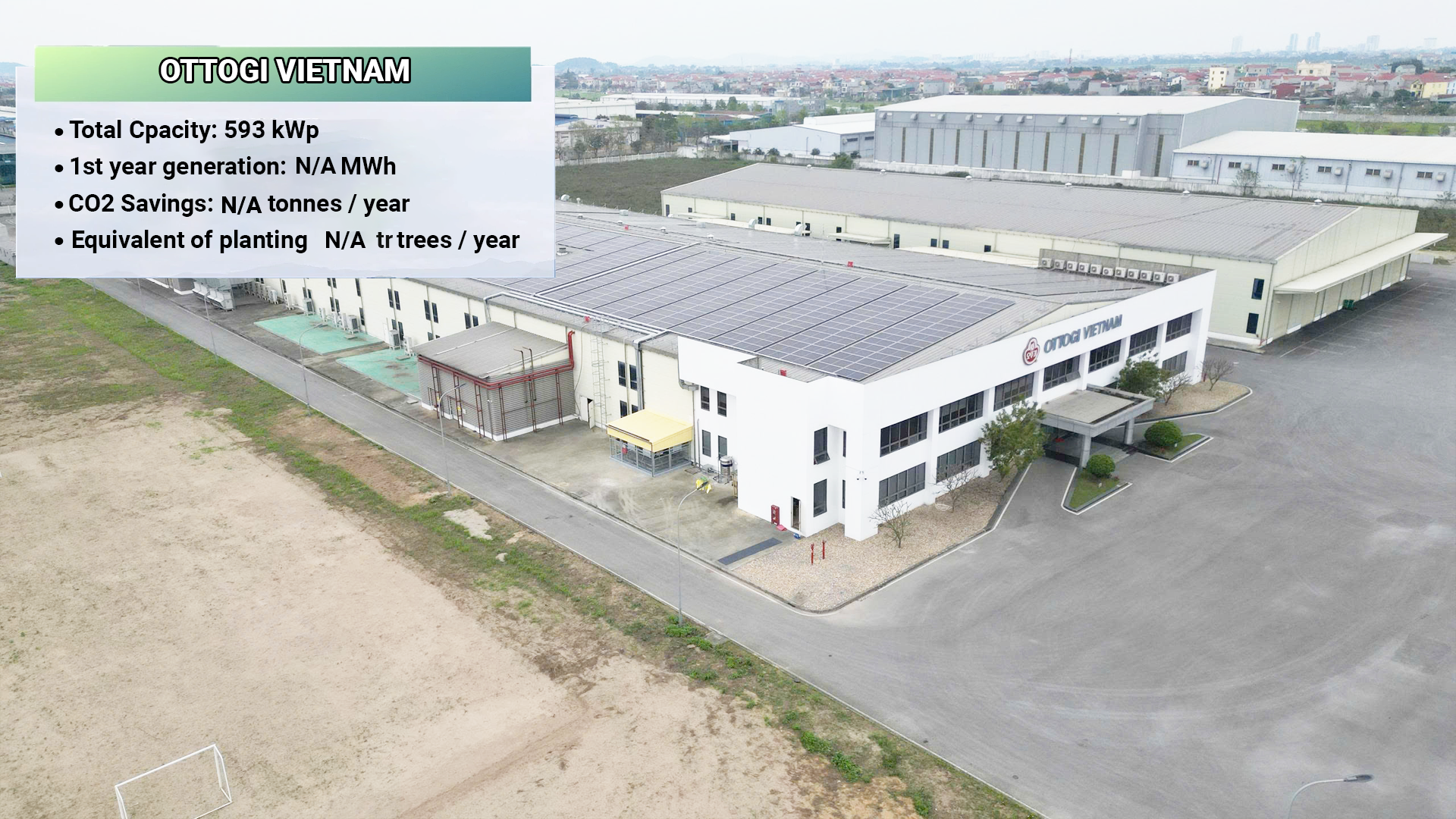The Prime Minister has tasked the Minister of Industry and Trade and the General Director of Vietnam Electricity (EVN) to review, propose, and clearly recommend solutions for the obstacles related to Feed-in Tariff (FIT) pricing.
Standing Deputy Prime Minister Nguyen Hoa Binh has just signed an official dispatch from the Prime Minister, requesting relevant ministries and agencies to urgently carry out assigned tasks under Resolution No. 233/2024 regarding the resolution of obstacles and difficulties faced by renewable energy projects.
The dispatch emphasized that many tasks remain unfulfilled and challenges persist, hindering economic progress as reported by the Ministry of Industry and Trade. In particular, several localities, ministries, agencies, and units have not fully assumed responsibility in resolving the issues faced by these projects.
Regarding the challenges in accessing fixed electricity prices (FIT – Feed-in Tariff) for wind and solar power projects, the Prime Minister instructed the Minister of Industry and Trade and the General Director of EVN to oversee the review and clearly propose handling measures as mentioned in the Ministry’s official document dated July 15. Based on this, opinions from relevant ministries and agencies will be gathered, consolidated, and submitted to the Government with responses and explanations by July 25.
The General Director of EVN has also been directed to ensure the resolution of issues related to finalizing the purchase price for rooftop solar systems installed on agricultural and forestry land, particularly those with large capacities developed under the farm investment model. The final report must be submitted by July 25.
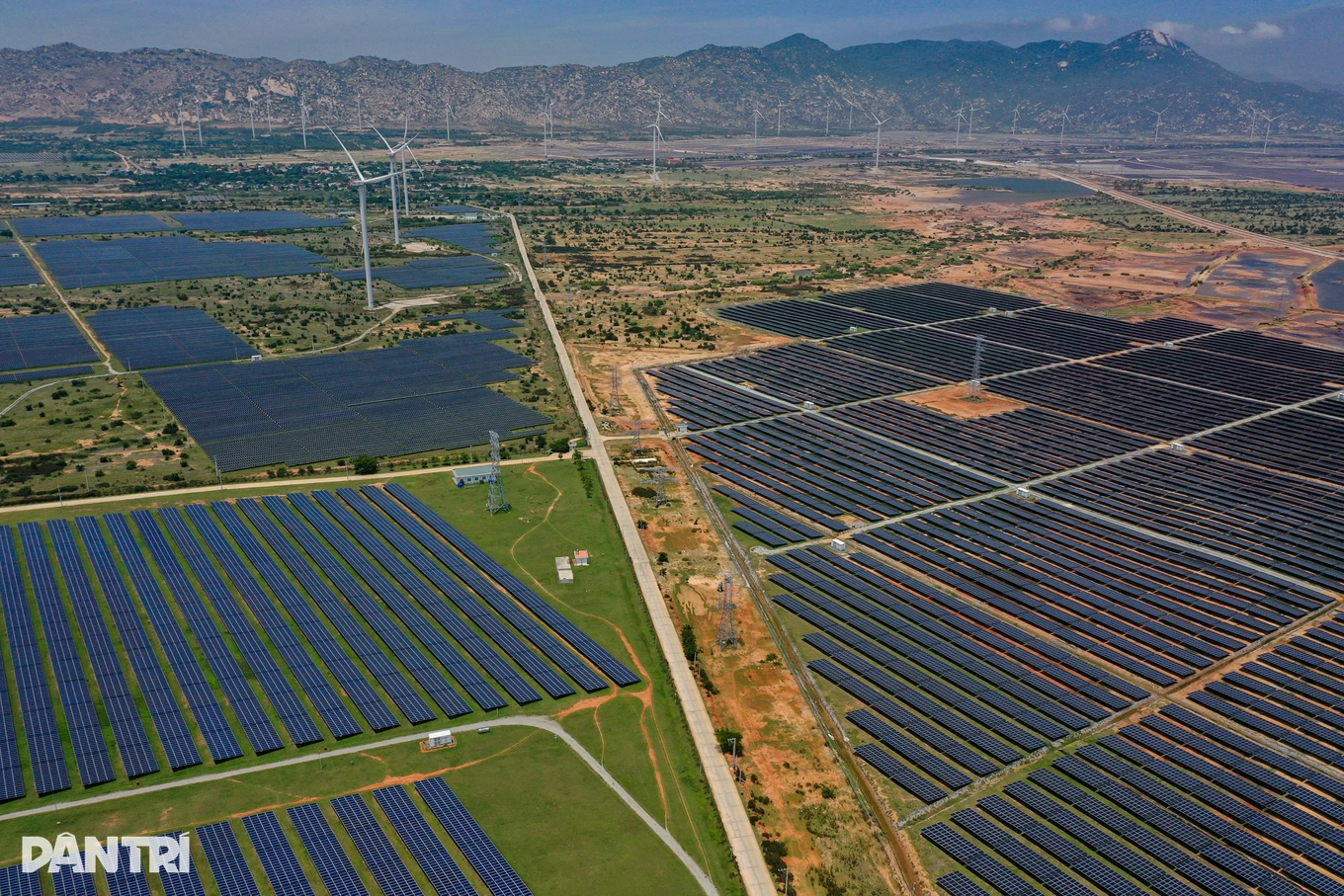
Many renewable energy projects are currently facing deadlock due to legal issues, electricity payment disputes, and power purchase agreement complications
Local authorities have also been assigned specific responsibilities. The Chairman of the Lam Dong Provincial People’s Committee is tasked with resolving legal obstacles related to wind and solar power projects that overlap with zoning plans for the exploration, exploitation, processing, and use of titanium ore or areas designated as national titanium mineral reserves (previously under the jurisdiction of Binh Thuan province).
In addition, the Chairman must address issues involving overlapping plans for the exploration, reserve, exploitation, processing, and use of bauxite ore (previously concerning Dak Nong province).
The Chairman of the Dak Lak Provincial People’s Committee has been instructed to direct and complete the resolution of difficulties faced by projects such as the Long Thanh 1 solar power project, which overlaps with the irrigation zoning plan of the Ia Mơr reservoir.
Chairpersons of the People’s Committees of Dong Nai, Lam Dong, Khanh Hoa, Ho Chi Minh City, and Dak Lak (based on administrative boundaries after recent mergers) are responsible for addressing issues related to land-use procedures for wind and solar power projects identified in Conclusion No. 1027/KL-TTCP. Specifically, they must resolve matters such as increased land use area, procedures for land leasing, and land-use conversion for 40 named projects.
Chairpersons of the People’s Committees of Dong Nai, Vinh Long, Dong Thap, Can Tho City, Phu Tho, Ho Chi Minh City, Khanh Hoa, Lam Dong, and Dak Lak are required to oversee the identification of land area used for agro-forestry farms equipped with large-scale rooftop solar systems. The implementation results must be consolidated and reported before July 25.
The Ministry of Agriculture and Rural Development and the Ministry of Natural Resources and Environment have been assigned to coordinate with the Ministry of Industry and Trade and local authorities to review and urgently resolve outstanding issues related to overlapping zoning plans, mineral reserve areas, irrigation planning, and land-use conversion for forest or agricultural land. Issues beyond their authority must be reported to the Prime Minister.
The Prime Minister has called on all ministries, agencies, and local governments involved to urgently and definitively address all specific tasks and challenges within their jurisdiction. Each agency and locality must take full responsibility before the Government and the Prime Minister for the accuracy, completeness, and timeliness of their reports and submitted data.


